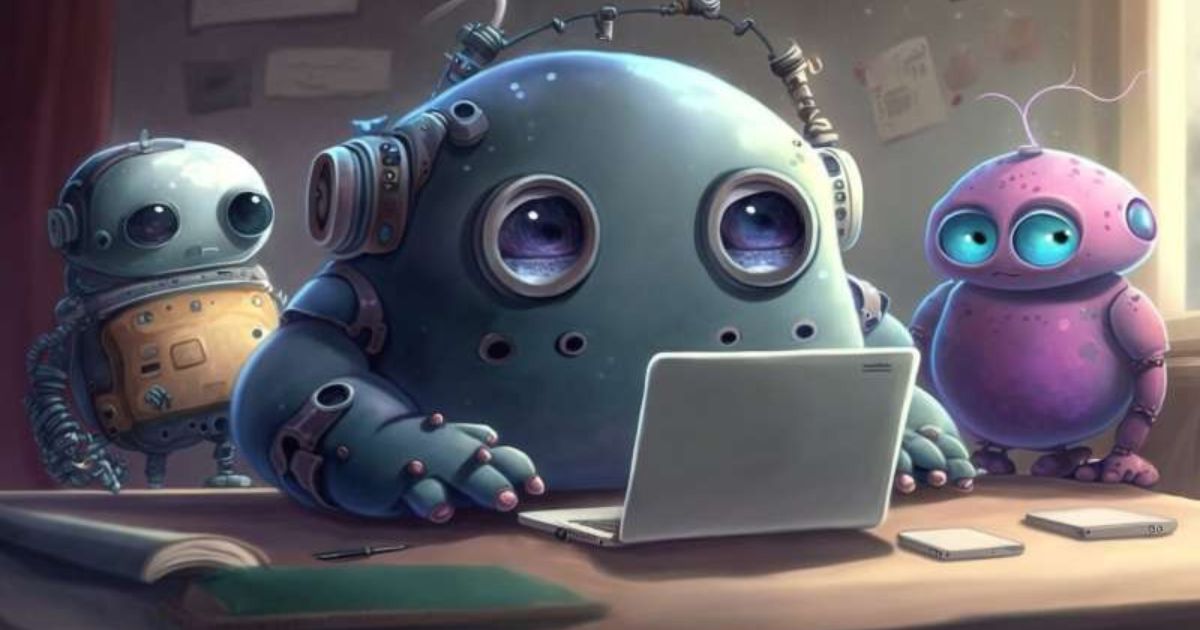The debate surrounding the role of artificial intelligence (AI) in mental health care has taken center stage, with discussions on whether chatbots can effectively serve as therapists.
A manager at OpenAI, Lilian Weng, recently ignited a conversation when she shared her experience of having an “emotional, personal conversation” with the viral chatbot ChatGPT, sparking both intrigue and skepticism.
Weng’s interaction with ChatGPT raised questions about the potential of AI-driven therapy, but it also underscored the importance of understanding the impact of user expectations.
A recent study conducted by researchers from the Massachusetts Institute of Technology (MIT) and Arizona State University delves into this very issue, shedding light on the placebo effect in the context of AI-driven mental health programs.
The MIT and Arizona State University study involved over 300 participants who interacted with AI mental health programs. Importantly, participants were primed to have different expectations of the chatbots they engaged with.
Some were informed that the chatbot was empathetic, others were told it was manipulative, and a third group believed it was neutral.
The results of the study were eye-opening. Participants who believed they were communicating with a caring and empathetic chatbot were significantly more likely to perceive the chatbot therapist as trustworthy.
This finding suggests that user expectations play a pivotal role in shaping their perception of AI-driven mental health support.
AI And Mental Health Therapists
The incorporation of AI into the mental health sector has generated significant controversy. While startups have been quick to develop AI apps offering therapy, companionship, and other mental health support services, concerns persist regarding the potential replacement of human therapists and the effectiveness of AI-driven interventions.
Critics argue that therapy is a complex process that requires human insight, empathy, and nuanced understanding. Some fear that AI-driven solutions may not adequately address the intricate emotional and psychological needs of individuals seeking mental health support.
The effectiveness of AI mental health apps has yielded mixed results. Users of Replika, a popular AI companion marketed as offering mental health benefits, have reported instances of the chatbot displaying inappropriate behaviors, such as excessive focus on sex and abusive language.
Additionally, a US nonprofit organization called Koko conducted an experiment with 4,000 clients, offering counseling using GPT-3. The results indicated that automated responses did not effectively serve as therapy. Users described the experience as “weird” and “empty,” highlighting the limitations of AI-driven interventions.
The recent MIT and Arizona State University study underscores the role of user expectations in shaping their perception of AI-driven mental health programs.
Participants who expected a positive and empathetic interaction were more likely to trust the chatbot, emphasizing the influence of preconceived notions on the user experience.
However, the study’s findings also highlight the need for transparency and accurate representation of AI capabilities. Participants who believed they were interacting with a caring chatbot were still aware that chatbots may not offer all the answers.
The concept of using chatbots for therapy is not entirely new. The roots of AI date back to the 1960s, with the development of ELIZA, one of the first chatbots created to simulate psychotherapy sessions. In the MIT and Arizona State University study, ELIZA and GPT-3 were used, with GPT-3 showing a stronger effect on users primed for positivity.
As AI continues to play an expanding role in society, the way it is presented and understood becomes increasingly vital. The MIT and Arizona State University researchers assert that societal narratives surrounding AI matter significantly because they shape the user experience. They suggest that priming users to have lower or more negative expectations of AI may be a valuable approach.
The debate over the role of AI in mental health care persists, with questions surrounding whether chatbots can effectively serve as therapists. The MIT and Arizona State University study provides valuable insights into the impact of user expectations on AI-driven mental health programs.
While AI holds potential, it is essential to recognize its limitations and the need for responsible and ethical integration into the mental health sector. As society continues to navigate the AI narrative, understanding the balance between technology and human expertise remains a paramount consideration in mental health care.


